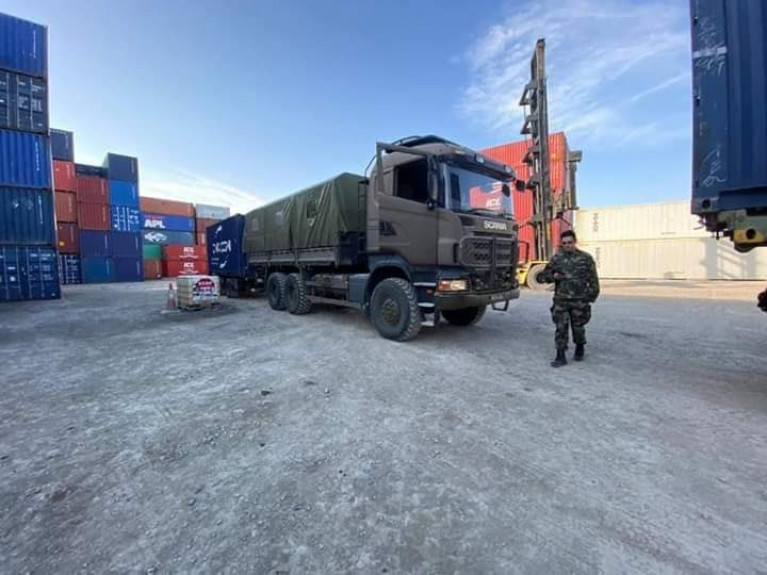The Department of Transport, Tourism & Sport (DTTAS) has issued transport related measures (incl. Maritime) currently in place in response to Covid-19 which are set out below.
DTTAS added given that this is a rapidly evolving situation this page (click HERE) will be updated as required.
As for the central online Government hub to view the latest information on how Ireland is responding to cases of Covid-19.
Among the guidlines are detailed below concerning the Maritime Transport sector and those associated from hauliers using Irish Ports, their dockers and staff etc.
Maritime Measures
Cruise ship travel
All scheduled cruise ship travel has ceased. The National Health and Emergency Planning Team agreed that no cruise ship will be permitted to enter any Irish port or anchor in Irish waters.
Marine Notice No.6 of 2020 COVID-19 (2019nCoV) - Maritime Declarations of Health
This Marine Notice communicates instructions from the Health Service Executive (HSE) on the submission of Maritime Declarations of Health.
Marine Notice No.14 of 2020 Temporary Contingency Planning for Certification of Seafarers - COVID-19
This Marine Notice sets out the temporary measures being put in place in relation to the validity of seafarers’ documents impacted as a result of the COVID-19 pandemic: to extend the validity of Irish seafarer certifications (by 6 months) and Irish flagged vessels (by 3 months) which remove administrative issues for those seafarers and vessels requiring renewal over the coming 3 months.
Marine Notice 15 of 2020 Temporary Contingency Planning for the Surveying and Certification of Irish Registered Ships –COVID-19
This Marine Notice sets out temporary contingency measures put in place to extend the validity of ship certificates where a survey cannot be carried out in advance of the expiration of the certificate. This includes provision for intermediate surveys and inspections.
For much more information as alluded above, consult the Gov.ie website HERE In addition the Dept. of Agriculture, Food & Marine (homepage) web here.































































